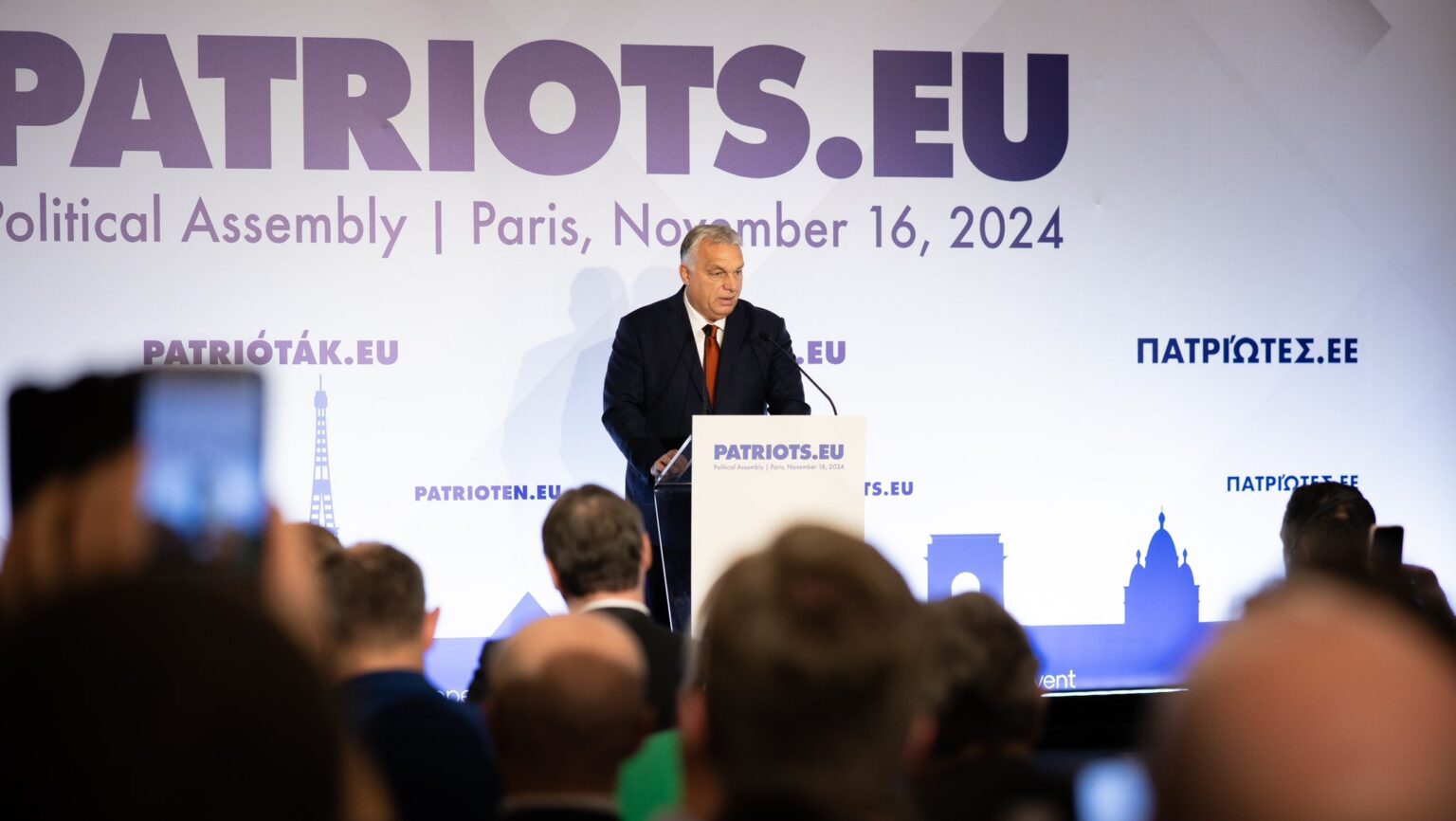
After meeting Fidesz MEPs in Brussels, Prime Minister Viktor Orbán of Hungary uploaded a short video to his Facebook page, in which he explains that despite the ‘lie campaign’ by Brussels, the Migration Pact does mandate Hungary to take in illegal migrants, which is why he opposes it; and that Hungary deserves ‘accolades, not punishment’ from the EU concerning border protection.
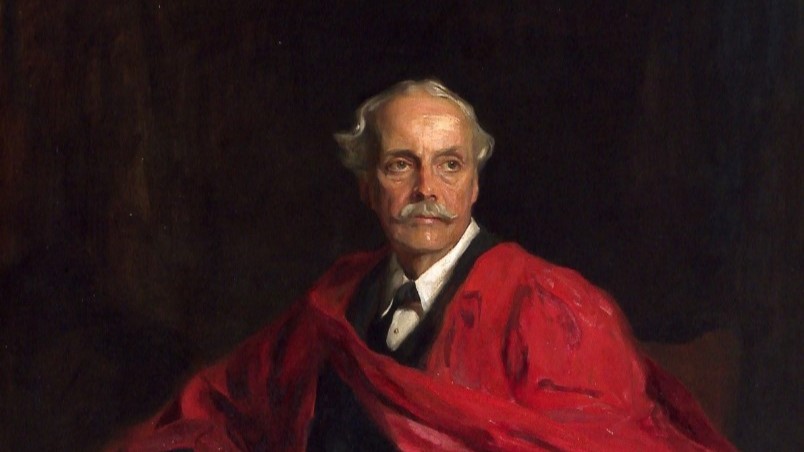
Nine months after a savage act of vandalism at Trinity College Cambridge, anger is growing at its lacklustre response.
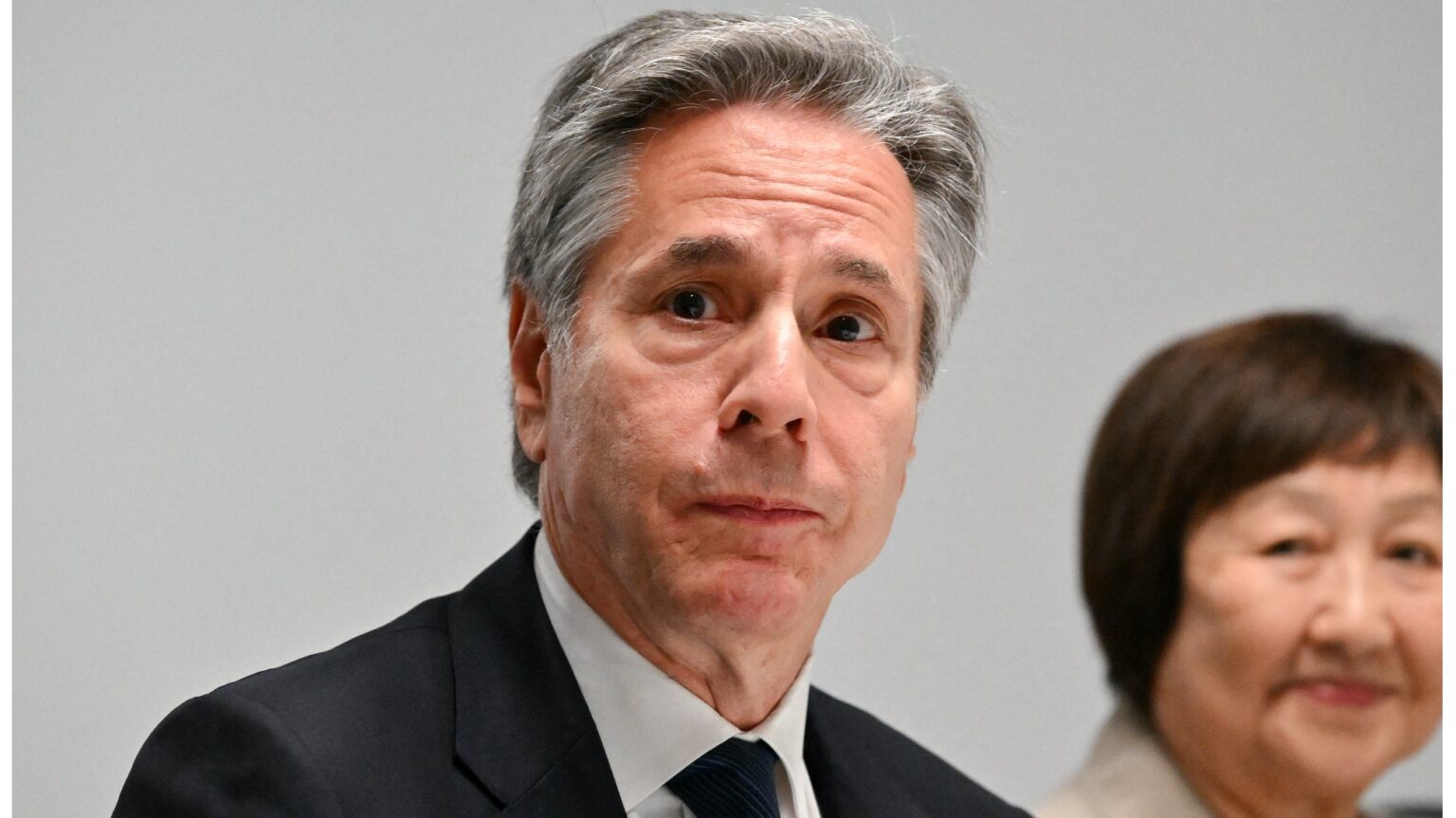
Outgoing US Secretary of State Antony Blinken has stated in an interview with Reuters that Ukraine should lower its conscription age to 18 from the current 25. In previous remarks he also said President Biden is ‘committed that every dollar we have at our disposal will be pushed out the door [to Ukraine] between now and 20 January’.
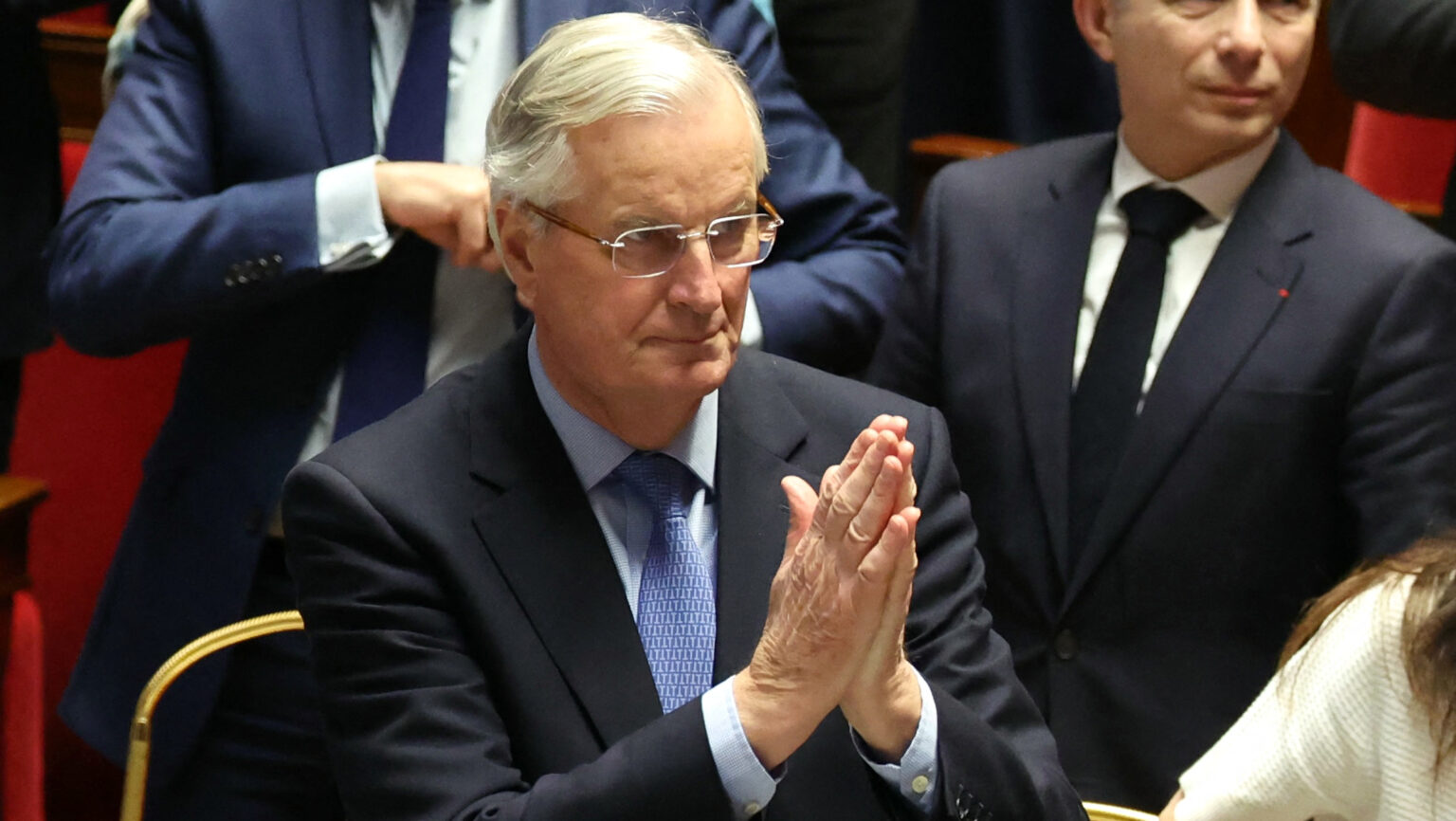
On Wednesday, after barely three months in power, the French National Assembly voted no confidence in the government of Michel Barnier, toppling it—a scenario not seen since 1962. What is certain is that the largest EU member state will face months of political paralysis, but it remains unclear who will ultimately benefit. If an early presidential election were to occur, Marine Le Pen would likely emerge as the fortunate beneficiary.

Disney has released its official trailer for their Snow White film, starring Latina actress Rachel Zegler. Just weeks before, Zegler had a public meltdown over the US presidential election result, and wished that Trump supporters ‘may never know peace’. While she later apologized, the reactions to the trailer still have been overwhelmingly negative, foreshadowing yet another big flop for Disney.
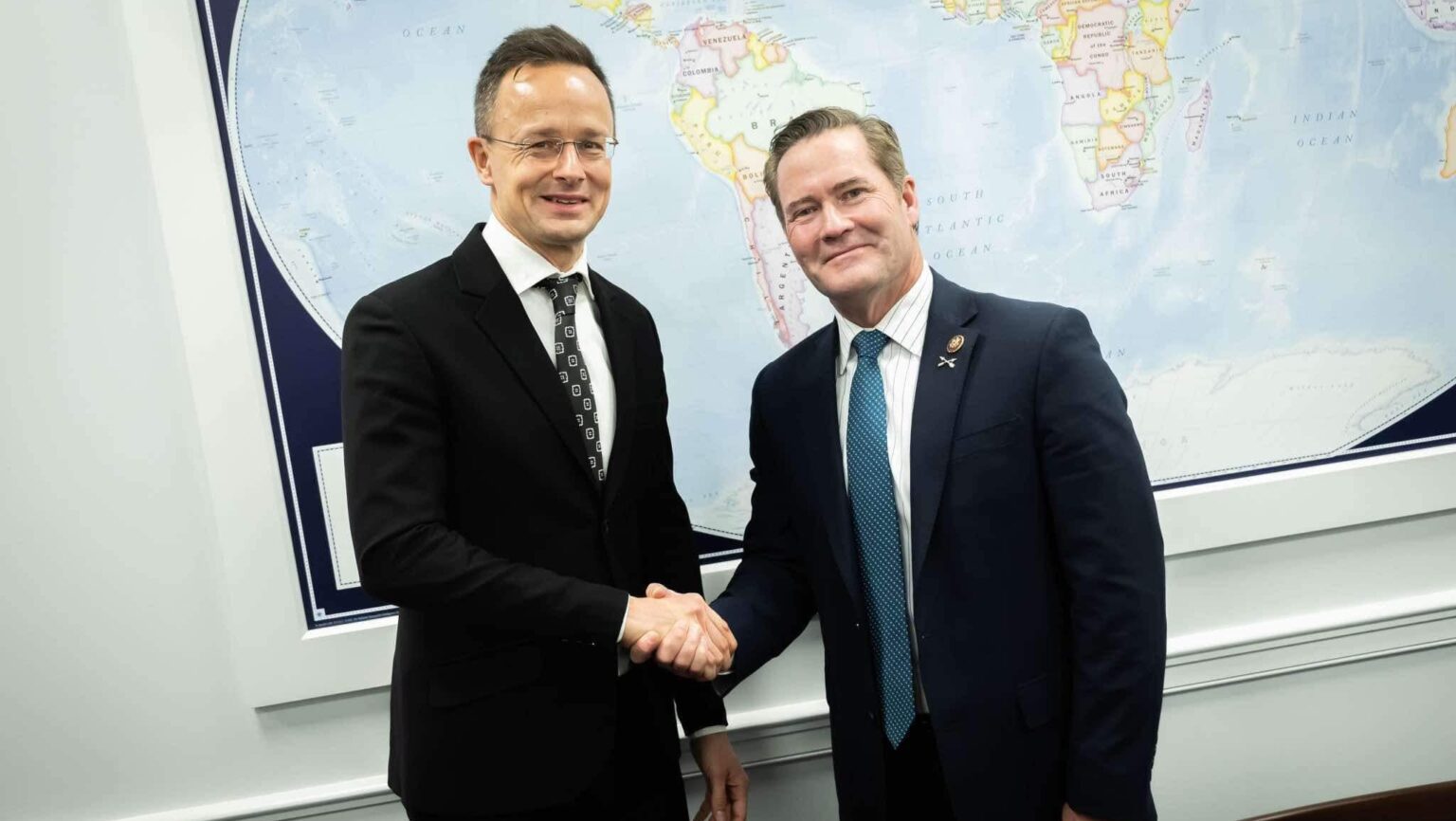
Hungarian Minister of Foreign Affairs and Trade Péter Szijjártó met with Donald Trump’s pick for National Security Advisor, Mike Waltz, in Washington, D.C. on Wednesday (PST). The discussion centred on promoting peace in Ukraine, on which Hungary and the incoming Trump administration share a common stance.
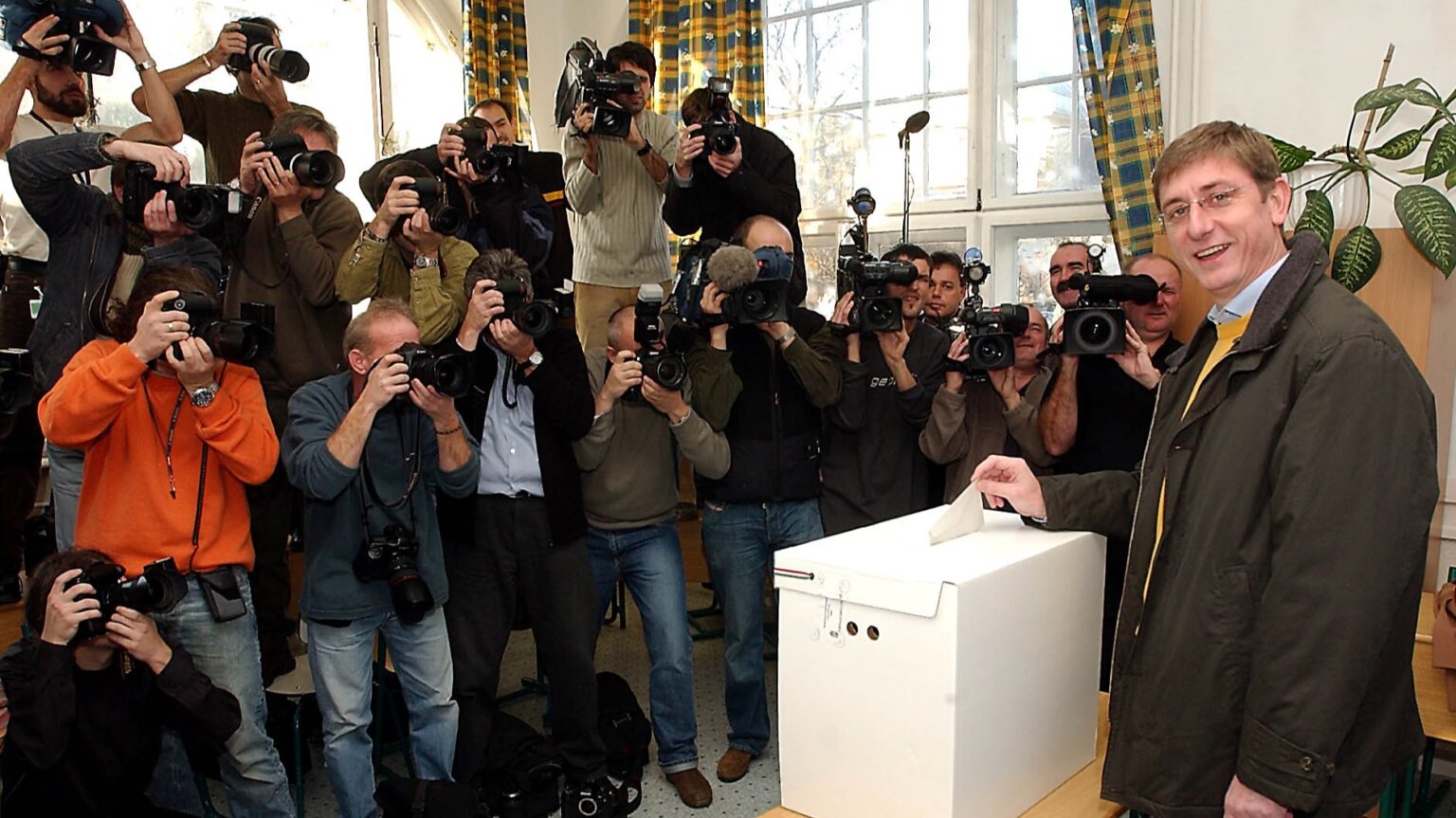
‘The inconclusive referendum held a few years after the millennium is still a blot on Hungarian social life. Thanks to a section of the Hungarian political elite of the time and a large number of misguided voters, that day became a day of national betrayal.’
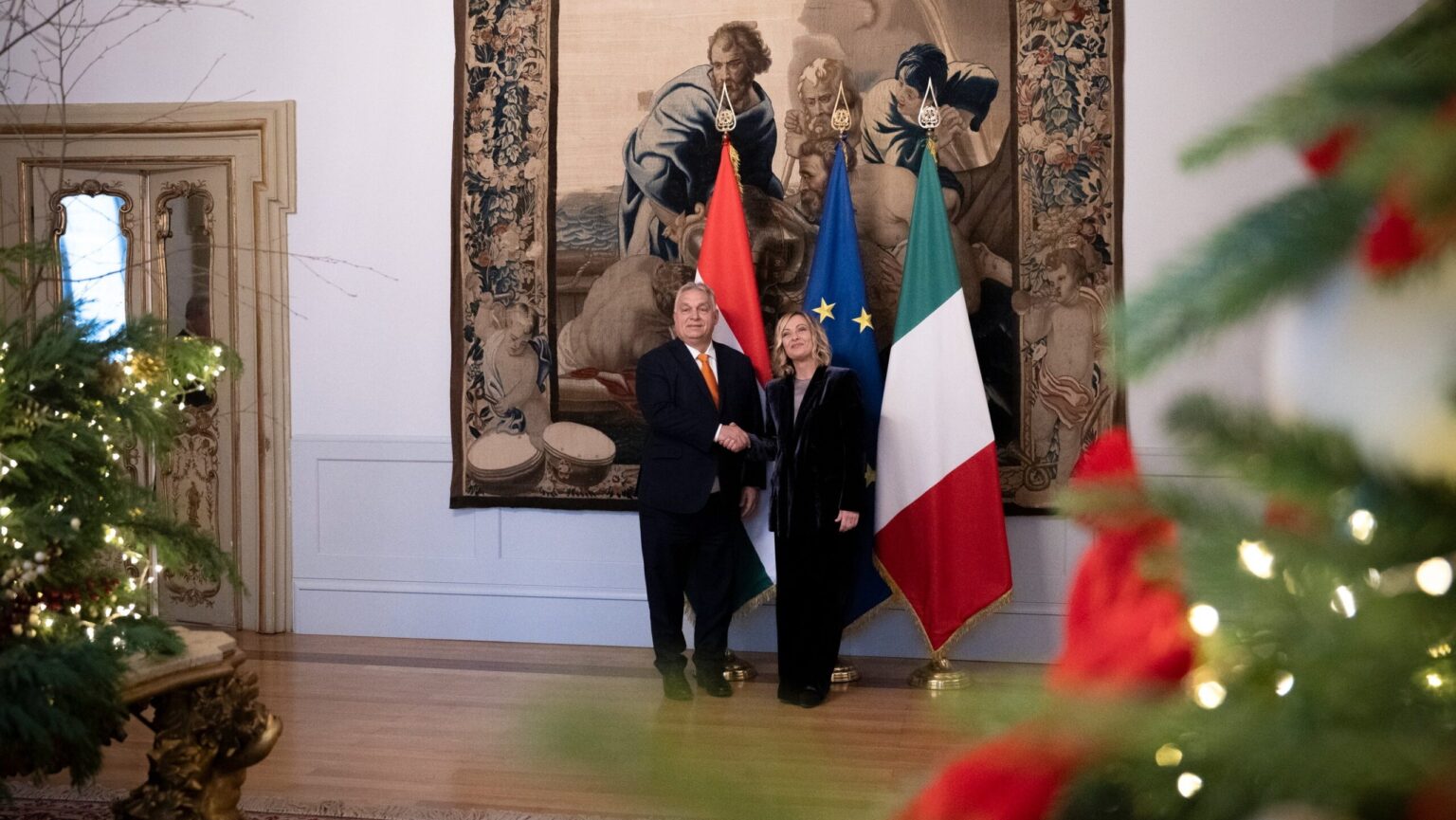
Italian Prime Minister Giorgia Meloni welcomed Hungarian Prime Minister Viktor Orbán on an official visit on 4 December, Wednesday. The two leaders discussed the achievements of Hungary’s EU Presidency, bilateral relations, and the challenges currently facing the European Union.
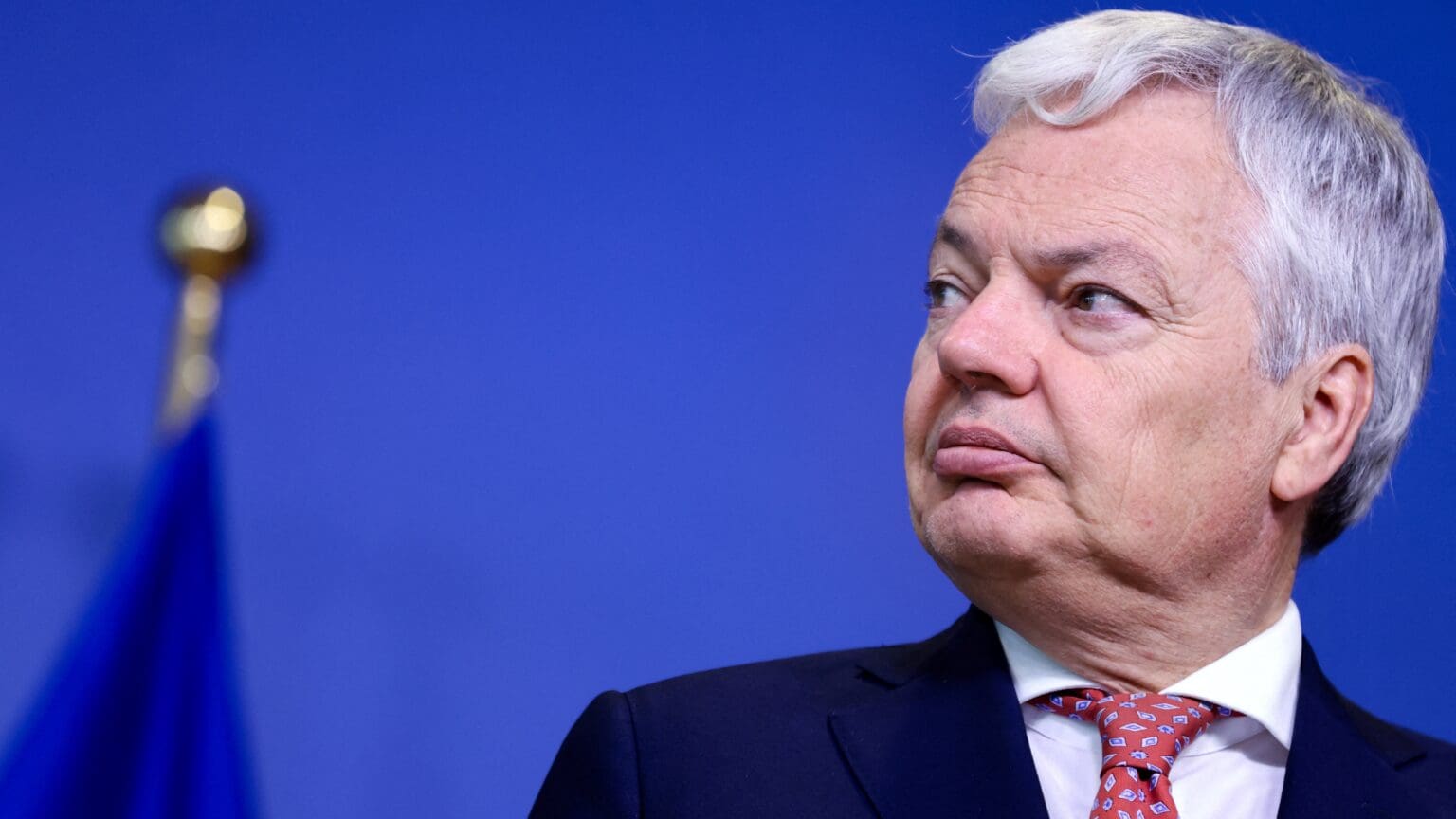
Former European Commissioner for Justice Didier Reynders is under investigation by Belgian police for money laundering. Over the past five years, Reynders has been a leading figure in the EU’s efforts to uphold the rule of law and combat corruption. He also played a key role in the decision to withhold EU funds due to Hungary.
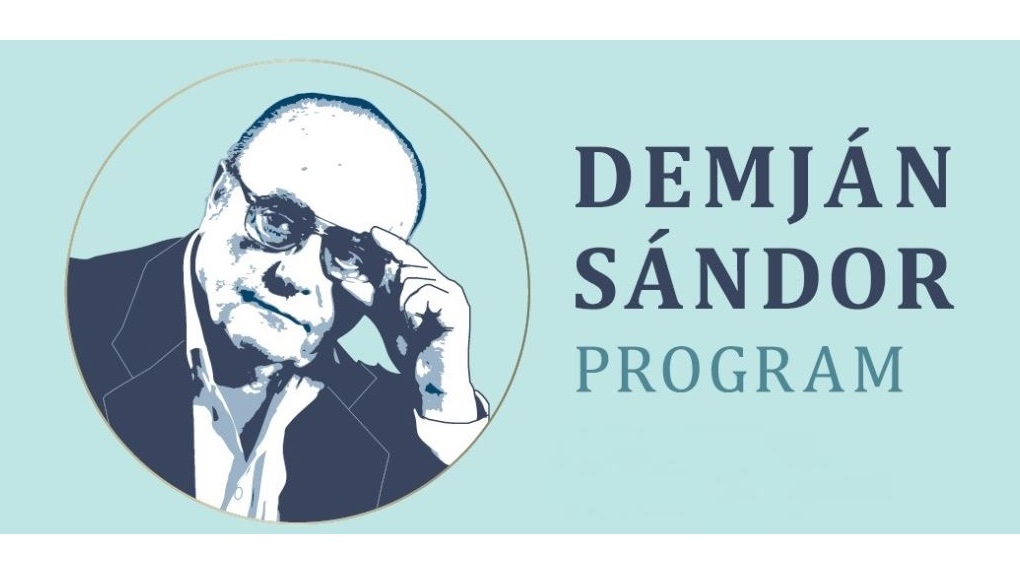
Under the Hungarian government’s newly launched Sándor Demján Programme, local businesses can apply for grants from a fund of 100 billion HUF. This is part of the government’s grand economic plan aiming to double the size of Hungarian businesses; and further strengthen the small and medium enterprises in the country.
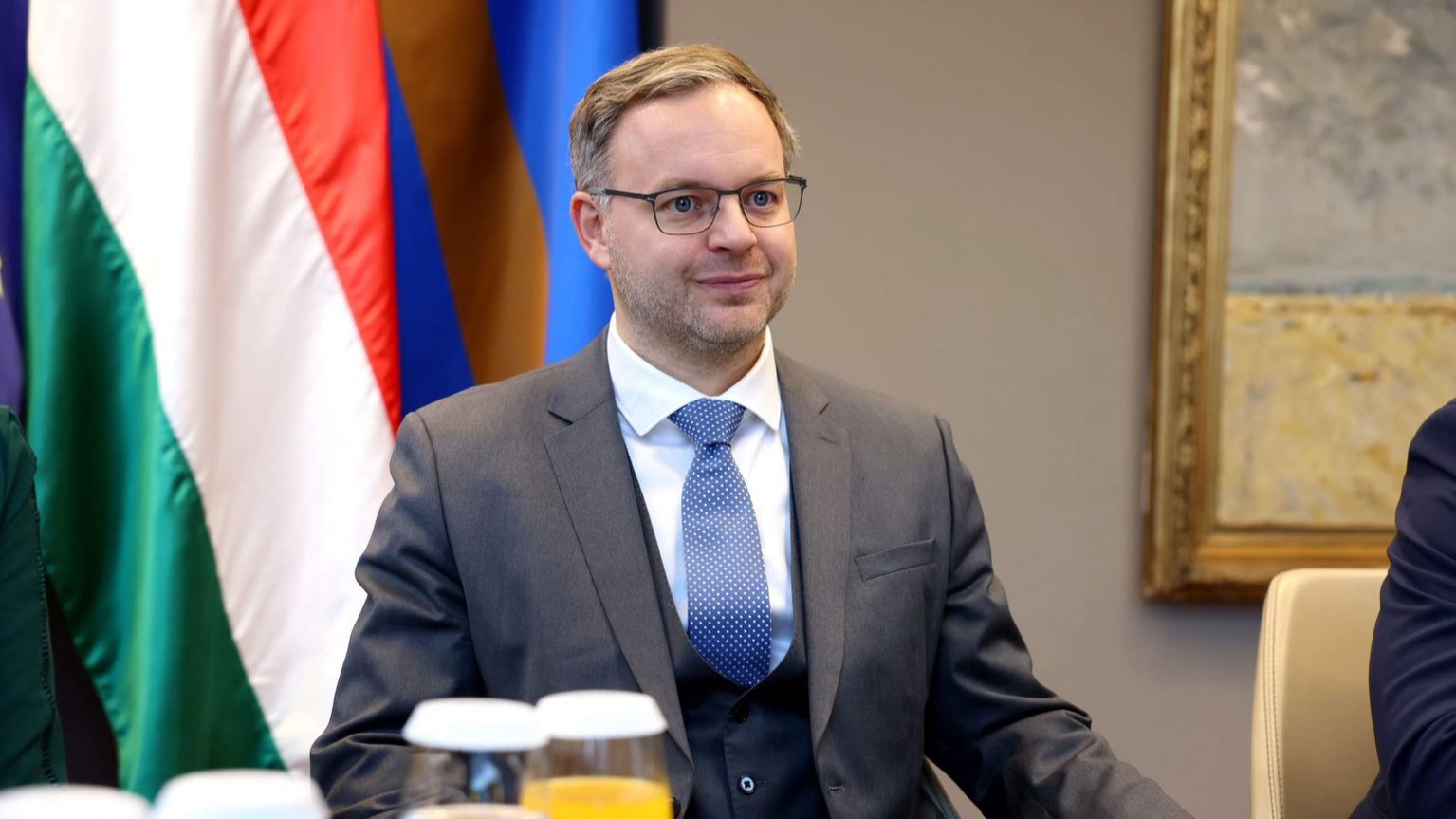
Despite pervasive attacks from progressive networks and opposition media Balázs Orbán has successfully defended his doctoral thesis. The events surrounding the Hungarian prime minister’s political director highlight a networked effort aimed at marginalizing those who challenge progressive leftist ideologies in academia.
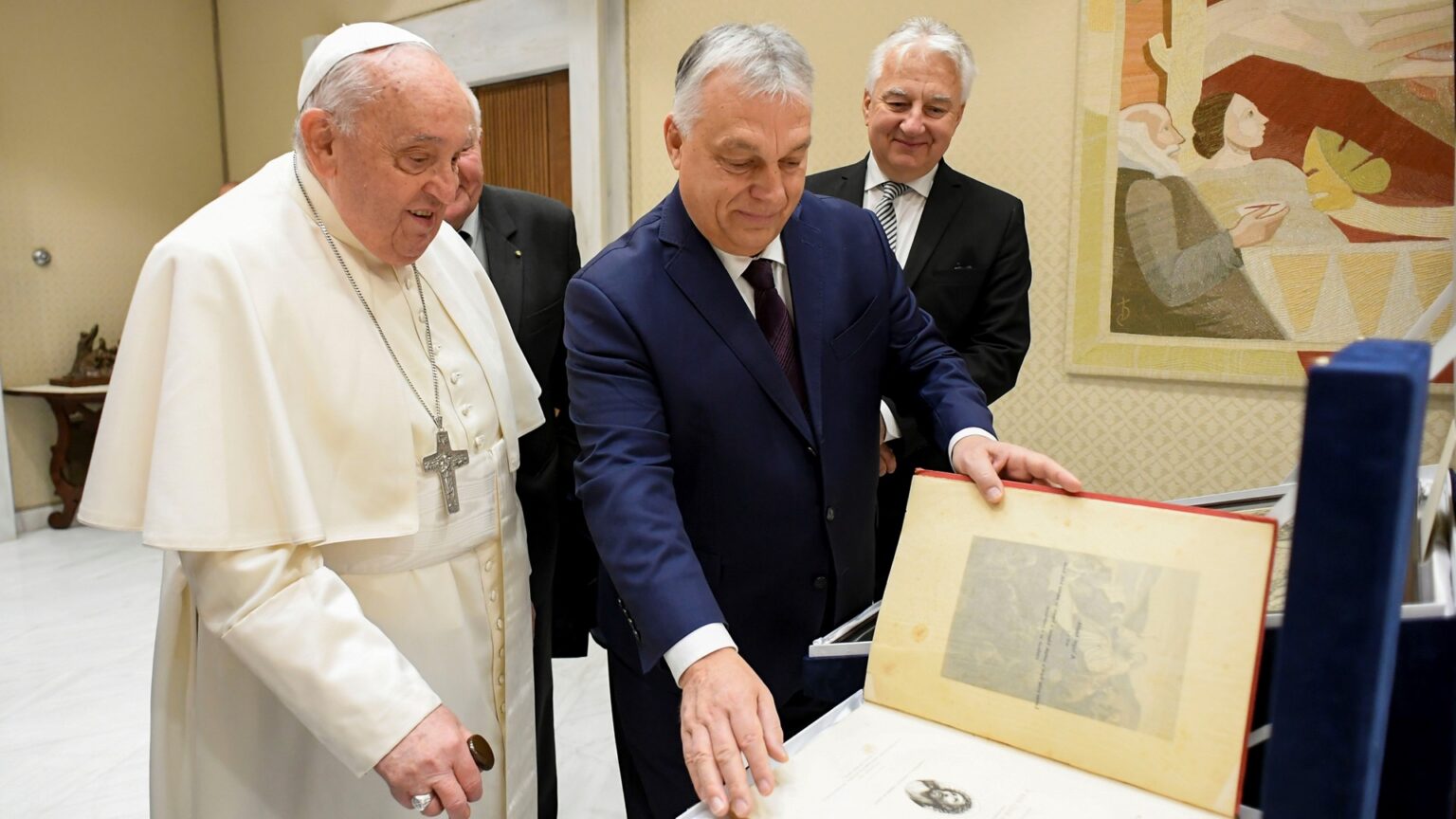
Viktor Orbán has met with His Holiness the Pope for the fourth time, once every year since their initial meeting in 2021. The Prime Minister stated that this meeting in Vatican City was part of his ‘peace mission,’ and news reports confirm that the Russo-Ukrainian war was the main topic of discussion between the two world leaders.

Alex Consani, 21, has made history by winning this year’s Model of the Year Award, becoming the first transgender individual to do so. While her victory is celebrated as a milestone for inclusivity by progressives, many regard it as yet another instance of men stealing opportunities from women.
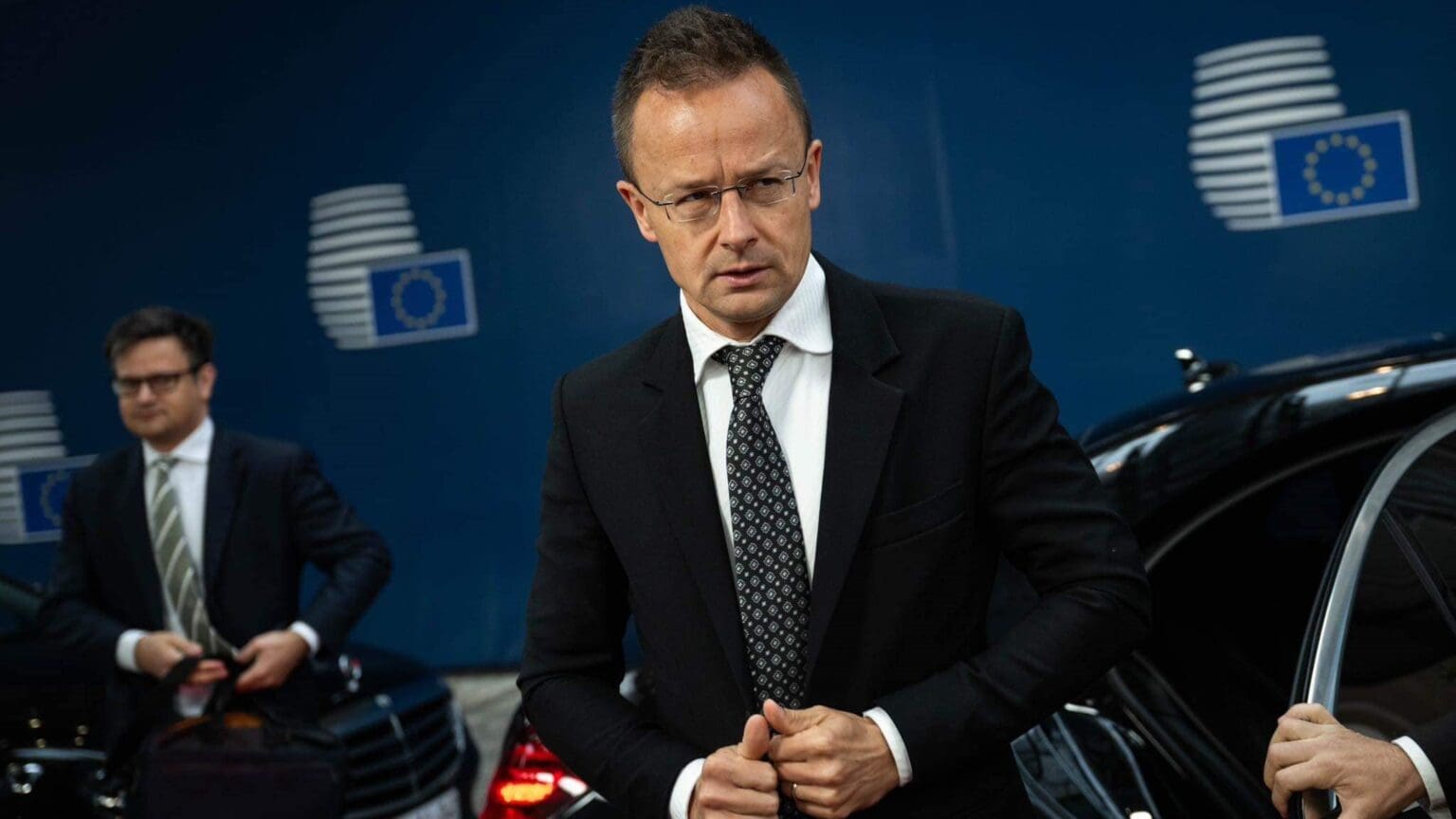
Foreign Minister Péter Szijjártó of Hungary paid a visit to Moscow after the Biden administration put Russian Gazprombank on its sanctions list, hindering the energy-related transactions of many European countries. Minister Szijjártó assured all a solution will be found to the problem, and reiterated Hungary’s stance for a negotiated peace in the Russo-Ukrainian war.
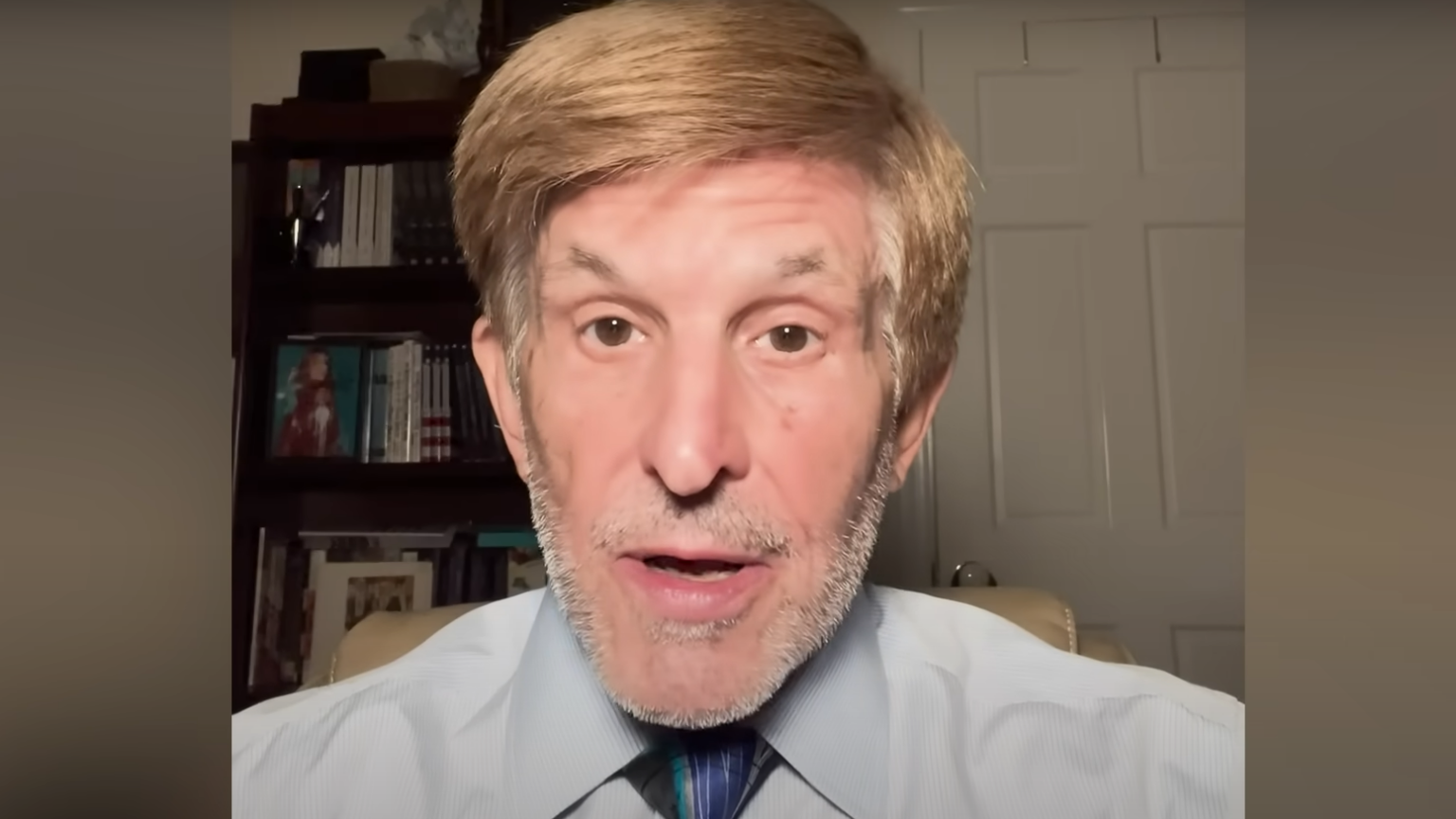
History professor Allan Lichtman’s Keys to the White House model predicted Kamala Harris would win the 2024 election, which, evidently, was won by Donald Trump instead. Professor Lichtman can’t seem to accept that his model failed, so he argued that it missed because it relies on ‘a rational, pragmatic electorate’—is that really why ‘the great predictor’ missed?

‘In the East, the communist worldview largely rejected the nuclear family unit, seeing it rather as an economic unit that ideologically furthered capitalist interests. In the West, a notion emerged in the latter twentieth century that largely views prioritizing family as limiting individual autonomy and self-fulfillment. We are the inheritors of societies that have been profoundly shaped by one or both worldviews.’
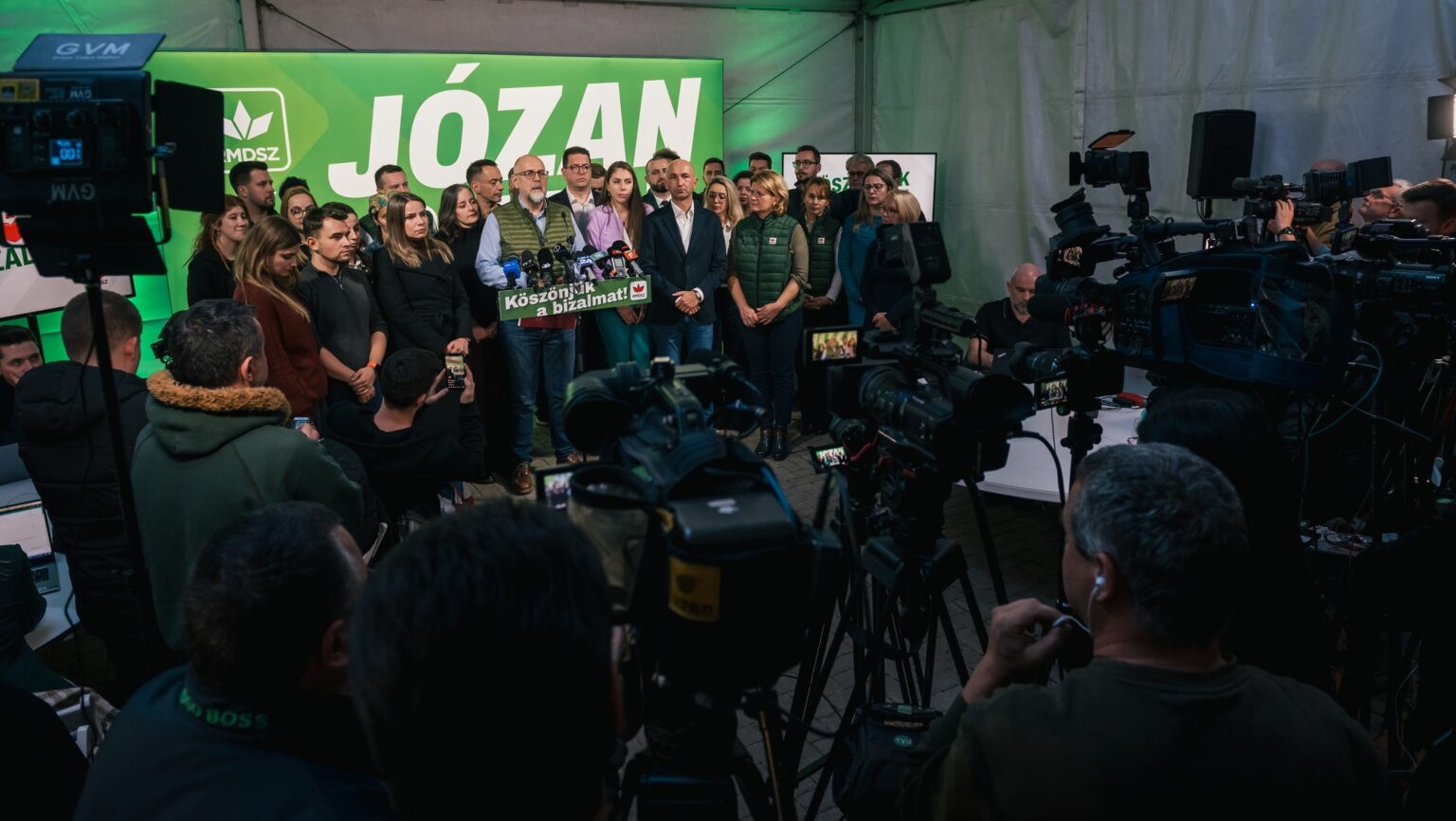
Following their historic success in Sunday’s Romanian parliamentary elections, Hunor Kelemen, President of the Democratic Alliance of Hungarians in Romania, expressed optimism about the party’s chances of joining the next Romanian government. This marks a significant step in ensuring strong representation for Hungarians in Romania.
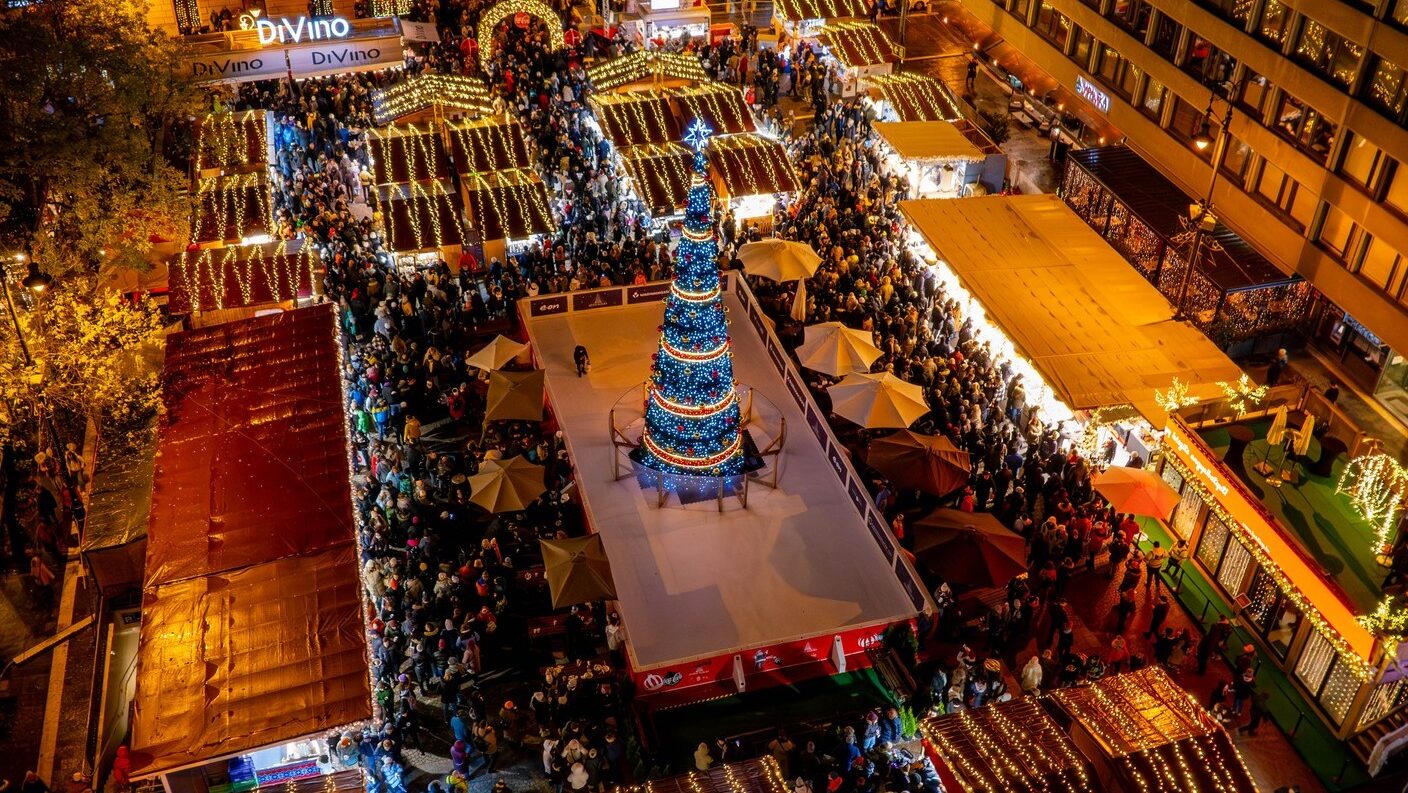
The Advent Basilica, located in front of St Stephen’s Basilica in Budapest, has achieved unprecedented international acclaim, being named the ‘Best European Christmas Market of All Time’ by the European Best Destinations travel portal. This marks the first and only time in the competition’s 15-year history that an event has received this prestigious title.

Donald Trump has issued a stern warning to Hamas: if all hostages are not released by 20 January, they will face consequences unprecedented in American history. During his first term, Trump’s peace through strength diplomacy proved highly effective, and there is every indication that he will continue to achieve significant foreign policy successes as President.
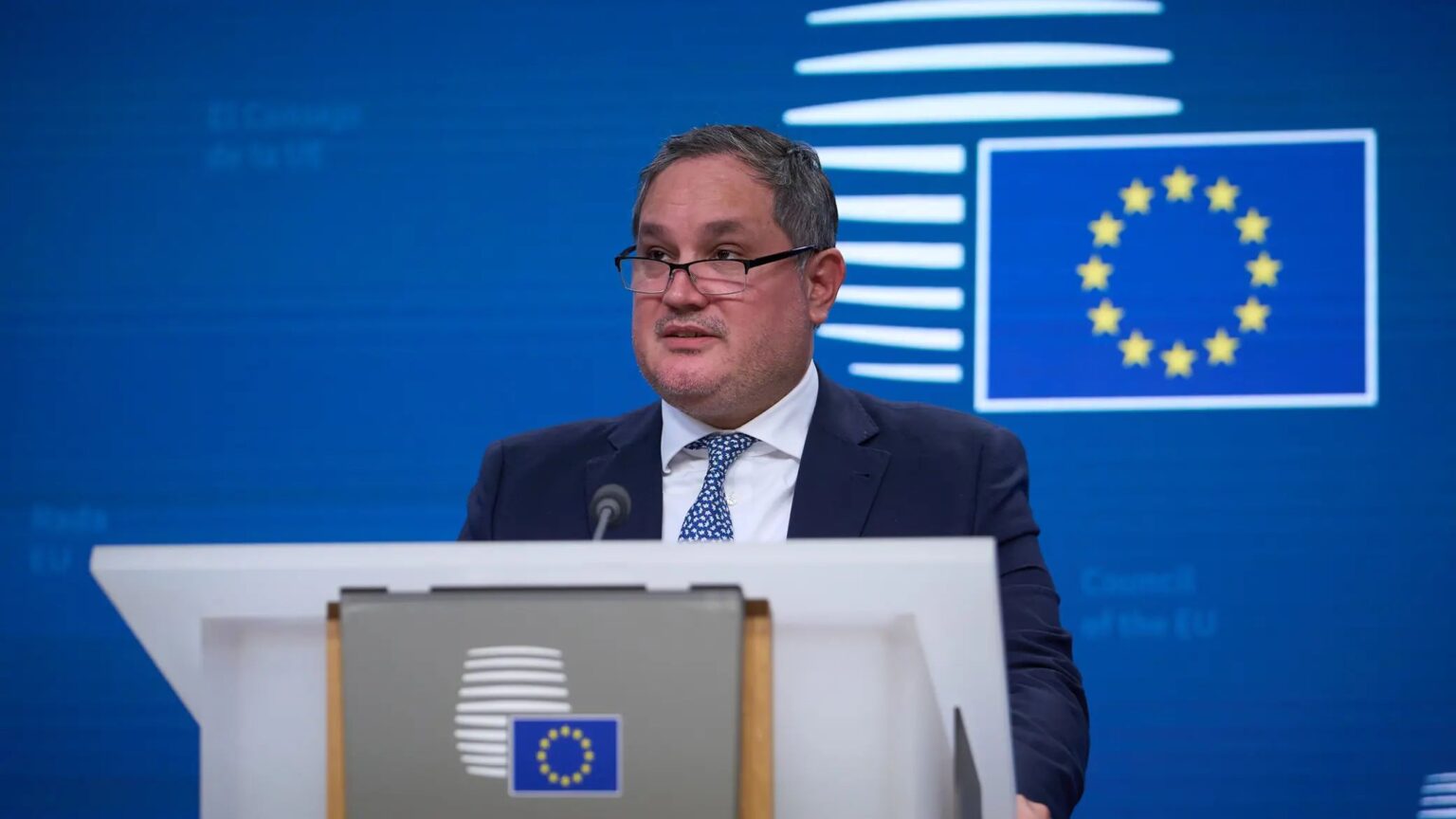
European competitiveness was made the top priority of the Hungarian Presidency of the Council of the EU in 2024, thus the meetings of the EU Competitiveness Council have carried special, added significance to them. The last of these meetings took place last week under the Hungarian Presidency, where five conclusions were adopted by the Member States.
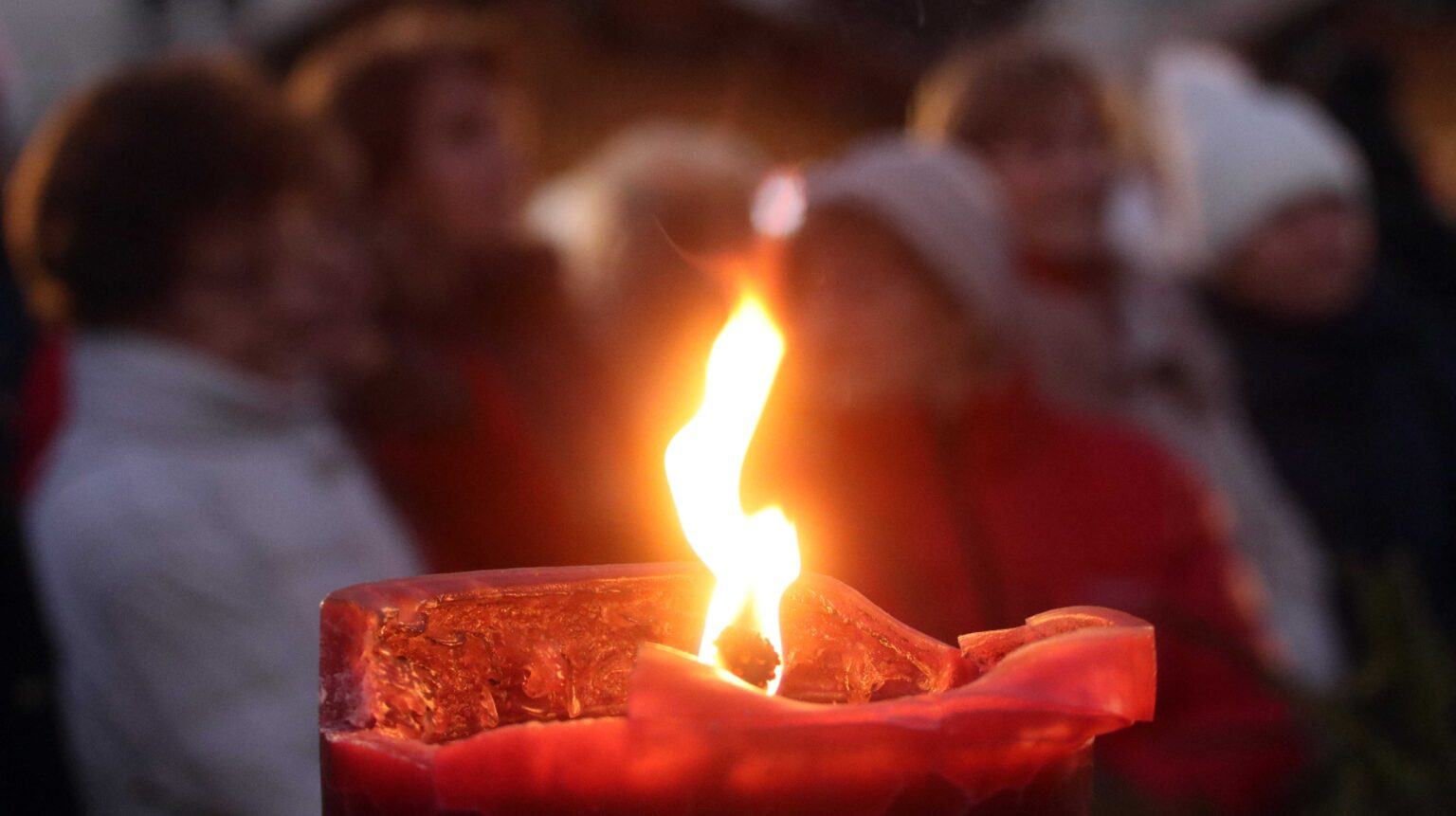
‘Jesus Christ brought to humanity the message of hope, God’s love above all else, and salvation, thus overcoming darkness as a divine source of light proclaiming salvation. This is why the dawn takes on a special significance in anticipation of his birth.’
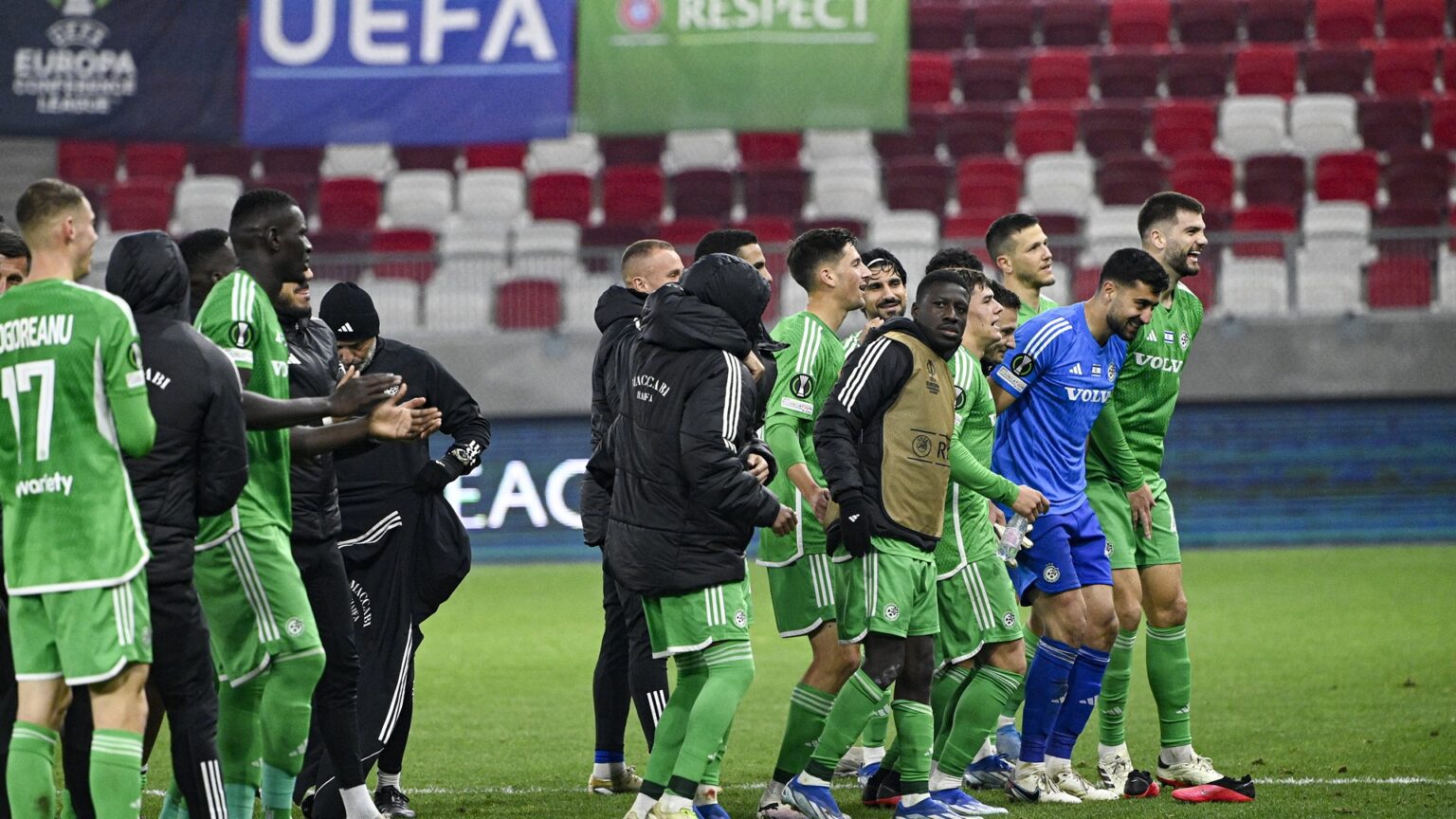
A recent AFP articles titled ‘Orban’s soft power shines as Hungary hosts Israeli match’ apparently praised the Hungarian leadership for welcoming many Israeli football teams in the midst of the ongoing Hamas–Israel war. However, as expected, the piece also insinuates that the Hungarian government at times ‘veers into’ antisemitism, citing as an example the anti-Soros billboard campaign of 2017.
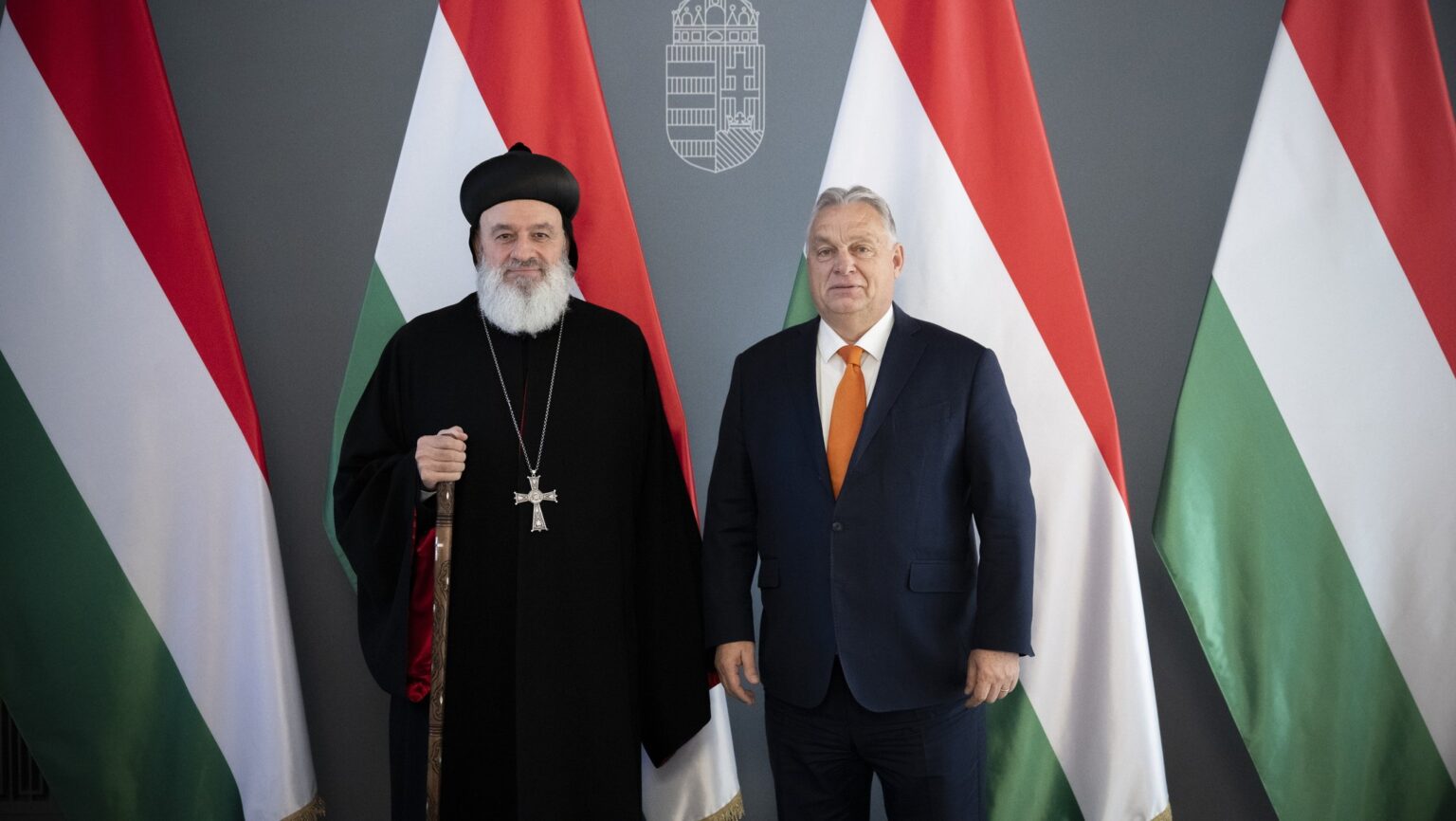
In recent days jihadist insurgents in Syria have launched attacks with an intensity not seen in years, raising the threat of reigniting the civil war that began thirteen years ago. On Monday, 2 December Hungarian Prime Minister Viktor Orbán met with Syrian Orthodox Patriarch Ignatius Aphrem II to express his support for the Syrian Christian community.
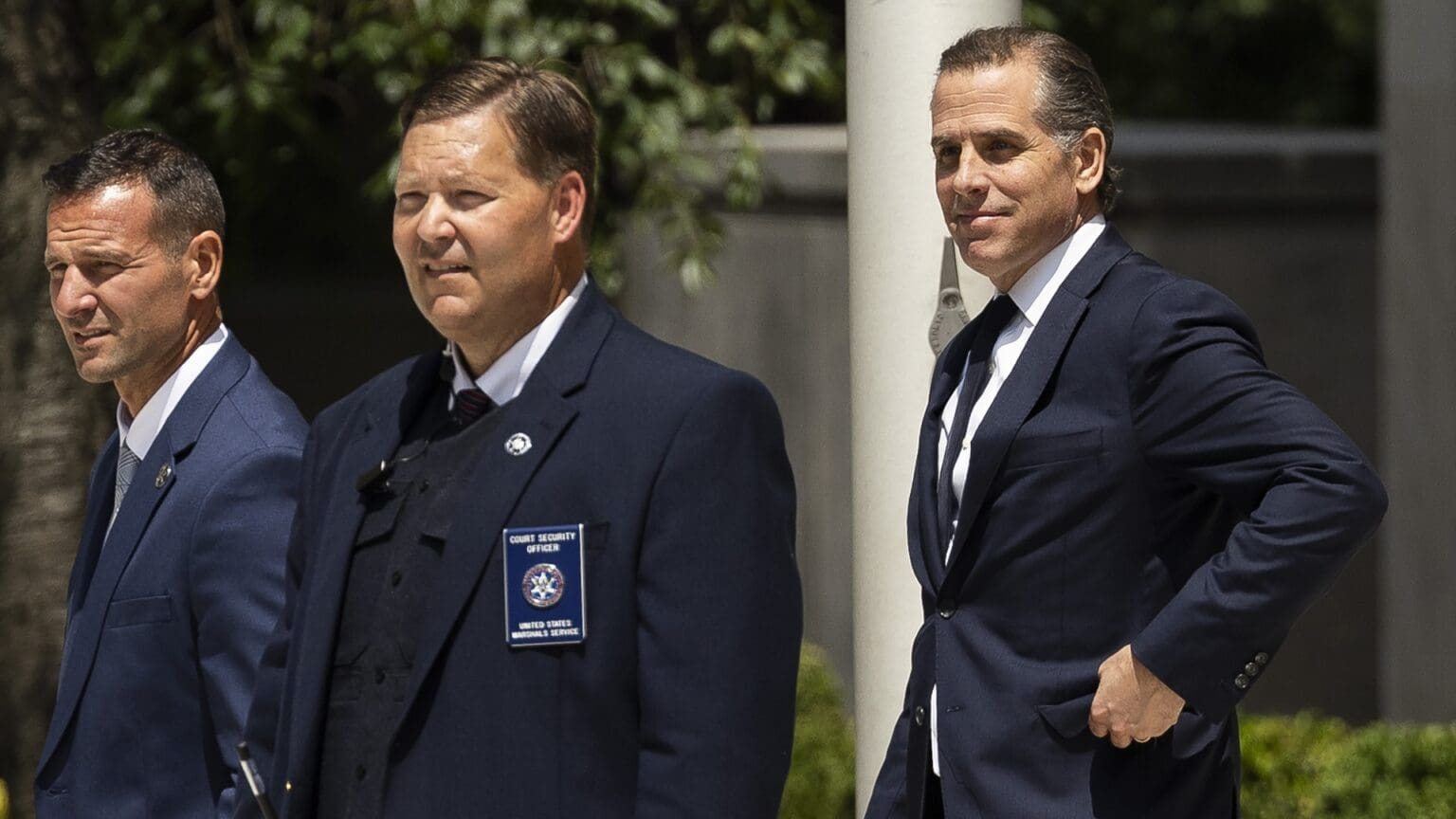
Despite insisting for months that he would not, US President Joe Biden issued a pardon to his son Hunter Biden on Sunday, 1 December. Hunter Biden was convicted on three felony counts of making false statements on a federal firearm purchase form and three felony counts of tax evasion earlier this year. However, peculiarly, his pardon covers any other potential crimes he may have committed in the last decade as wel.
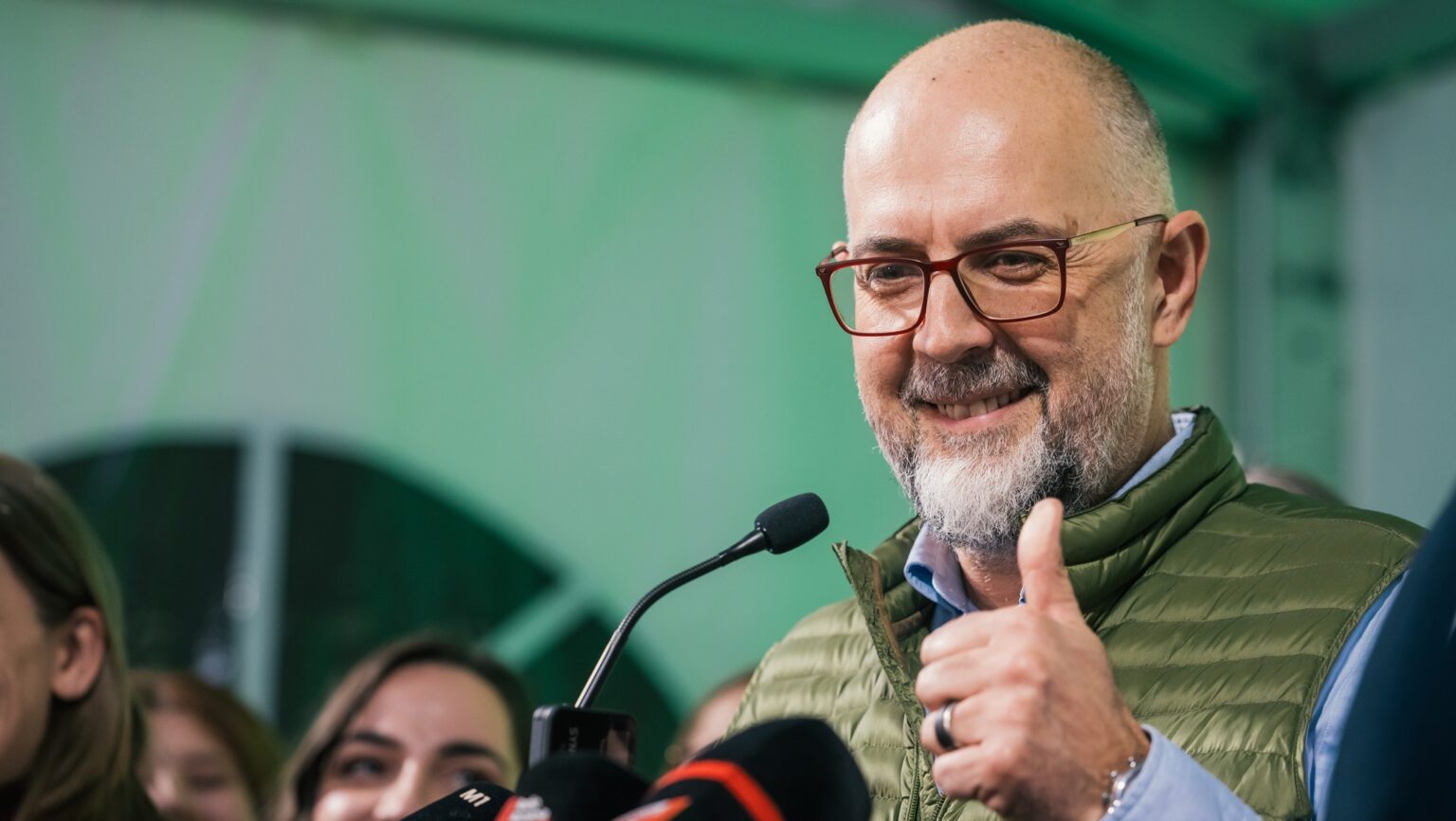
With 6.4 per cent of the total vote, the Democratic Alliance of Hungarians in Romania (RMDSZ) has achieved its best result in Romanian parliamentary elections since 2000. RMDSZ President Hunor Kelemen highlighted that Hungarian voters in Transylvania recognized the danger posed by the rise of extremist parties threatening their community.
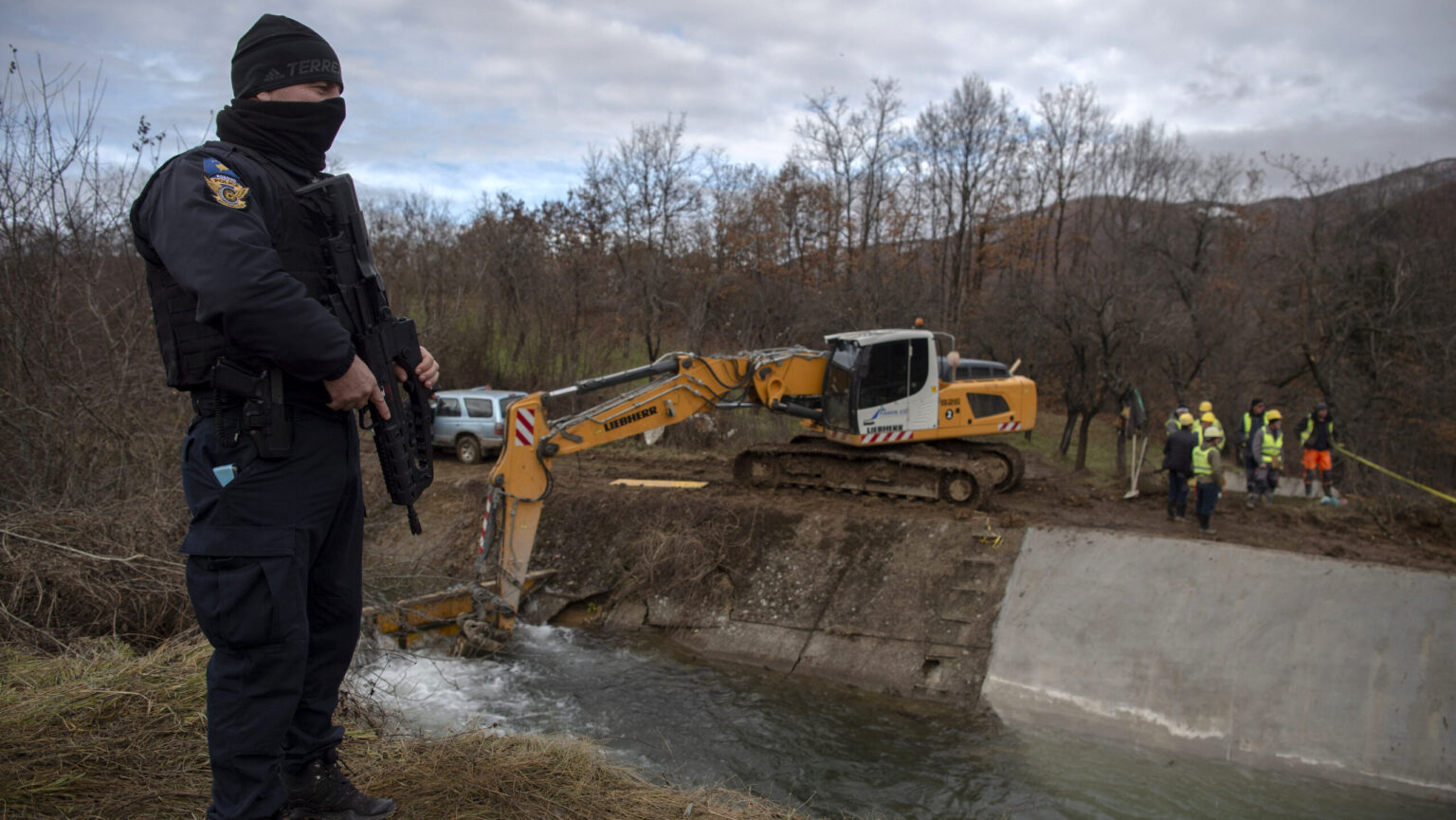
Last Friday an explosion occurred at a canal near the town of Zubin Potok in Kosovo, a key component of the country’s energy supply. While Pristina blames Belgrade for the incident, Hungarian Prime Minister Viktor Orbán has called for an independent investigation.
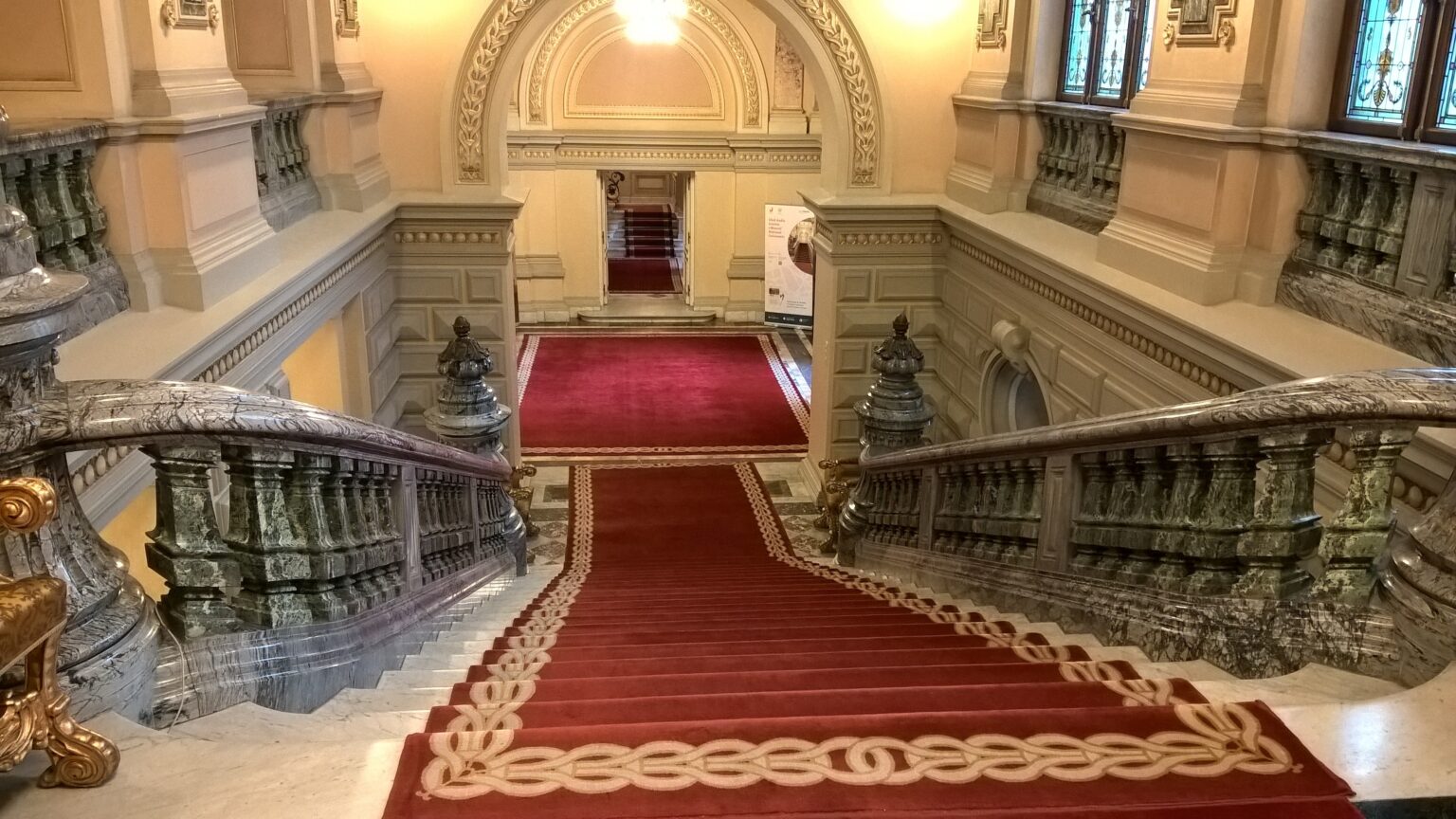
Călin Georgescu, the independent candidate who garnered the most votes in the first round of the Romanian presidential election, is not unknown to the public. He has held important positions in the state bureaucracy and was the candidate for prime minister of AUR, the party that became notorious for its anti-Hungarian rhetoric. In the past years, however, Georgescu has become marginalized both in influential political circles and within AUR, after having referred to the founder of the Romanian fascist movement as a national hero.

The new Budapest-based airline Hungary Airlines has acquired 100 aircraft from the American manufacturer Boeing and is reportedly planning to make its first cargo flight from Budapest, Hungary to Hong Kong, China this month. It is unclear for now whether or not the company will expand to passenger flights as well.
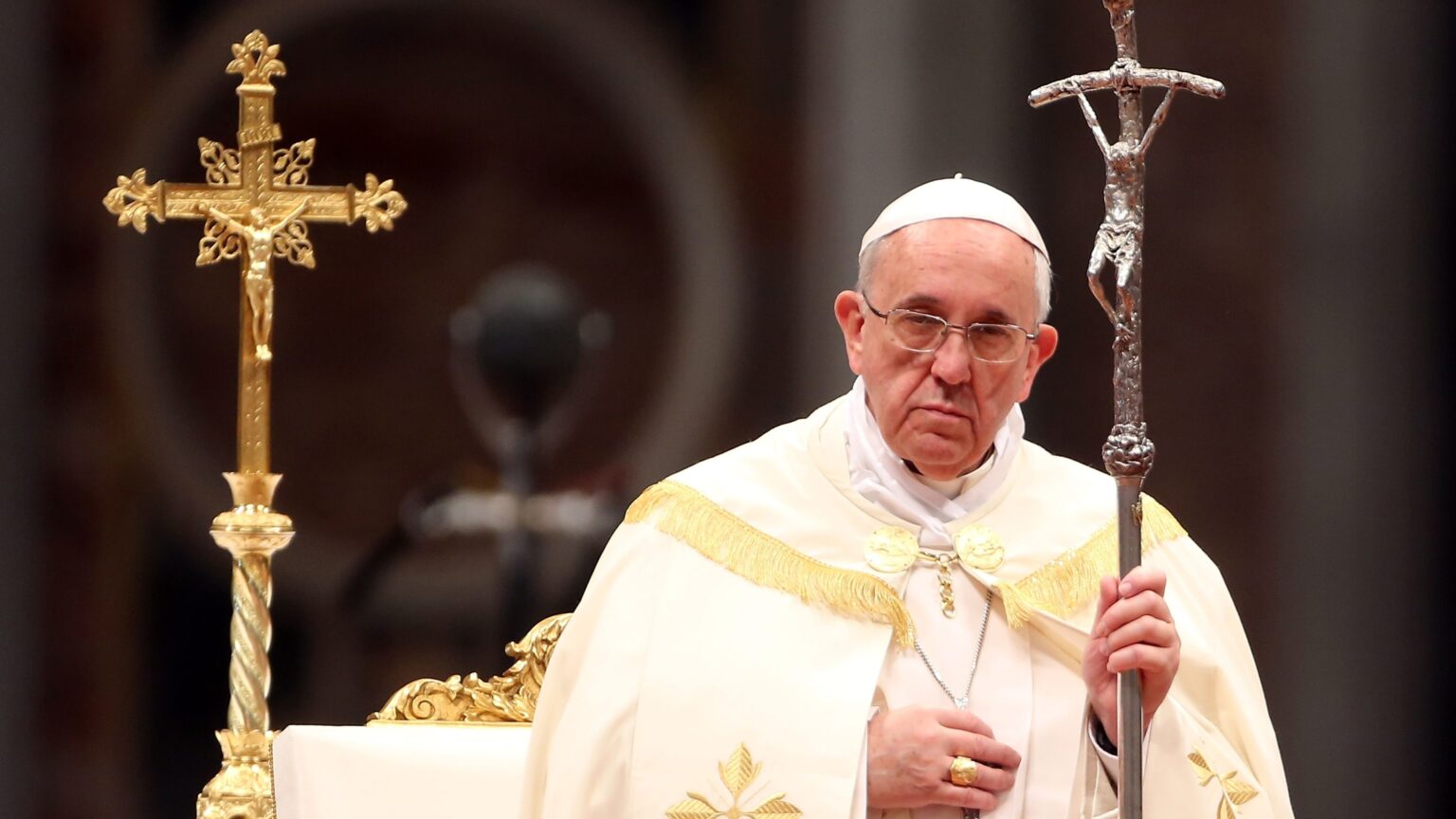
‘Last year, Pope Francis met separately with relatives of Israeli hostages in Gaza and Palestinians living through the war. His use of terminology such as “terrorism”, and, according to the Palestinians, “genocide”, set off a firestorm. In any case, the Pontiff now says in his book: “According to some experts, what is happening in Gaza has the characteristics of a genocide. It should be carefully investigated to determine whether it fits into the technical definition formulated by jurists and international bodies.”’

In whichever way we observe Advent, and whatever the colours of our candles are, now that the merry days of Christmas are near, let us stop for a moment and think of those who cannot celebrate in peace this holiday season. Let’s not forget about those who live in countries and regions torn by war, violence and persecution: let’s all try to find ways to contribute, even in the smallest ways, to helping them, and let’s pray that there be peace.